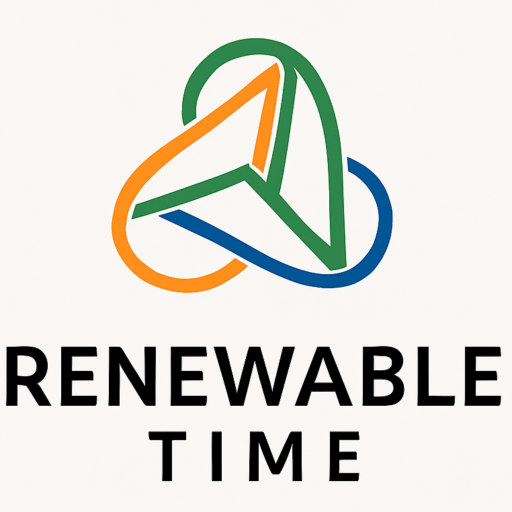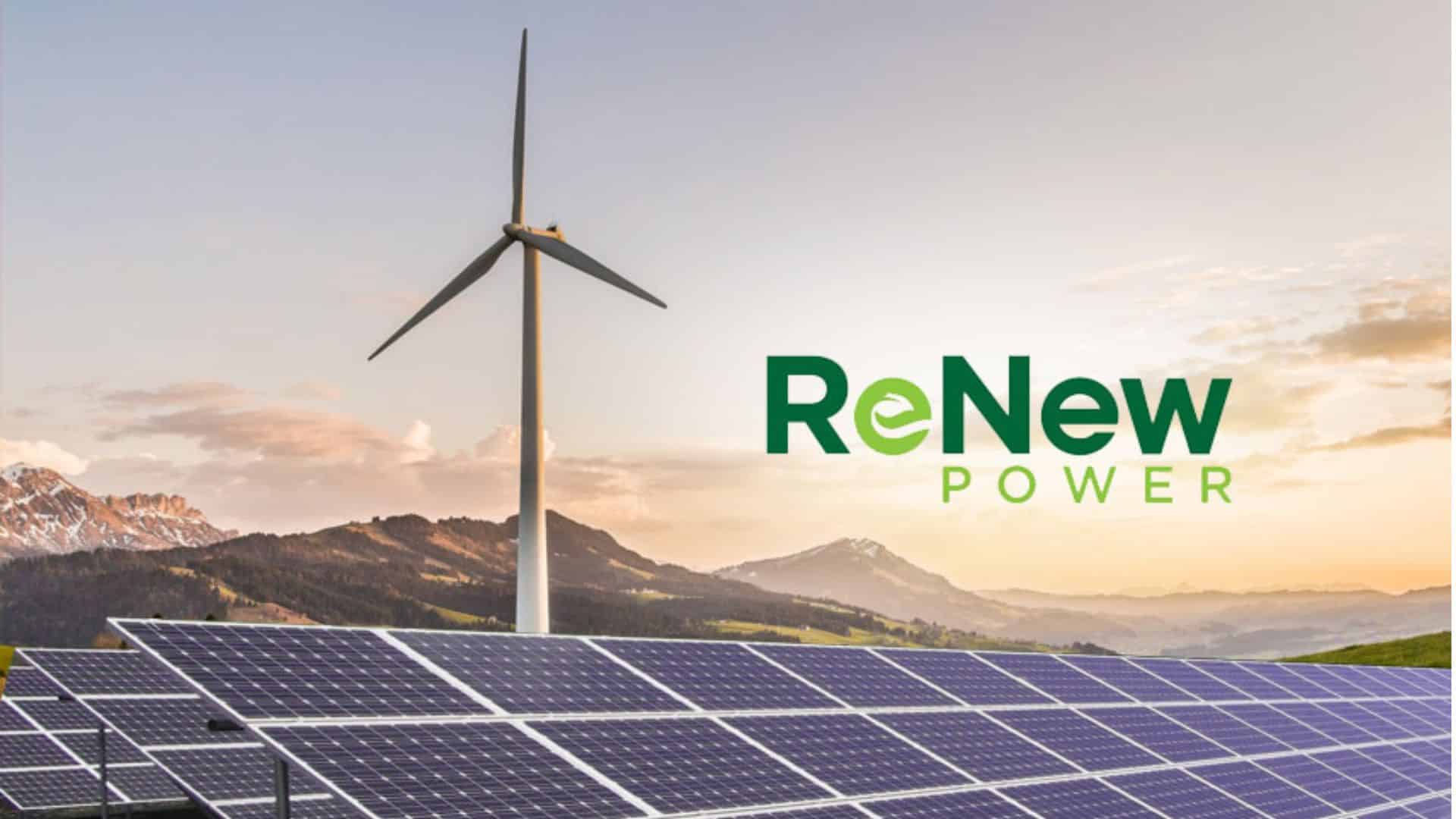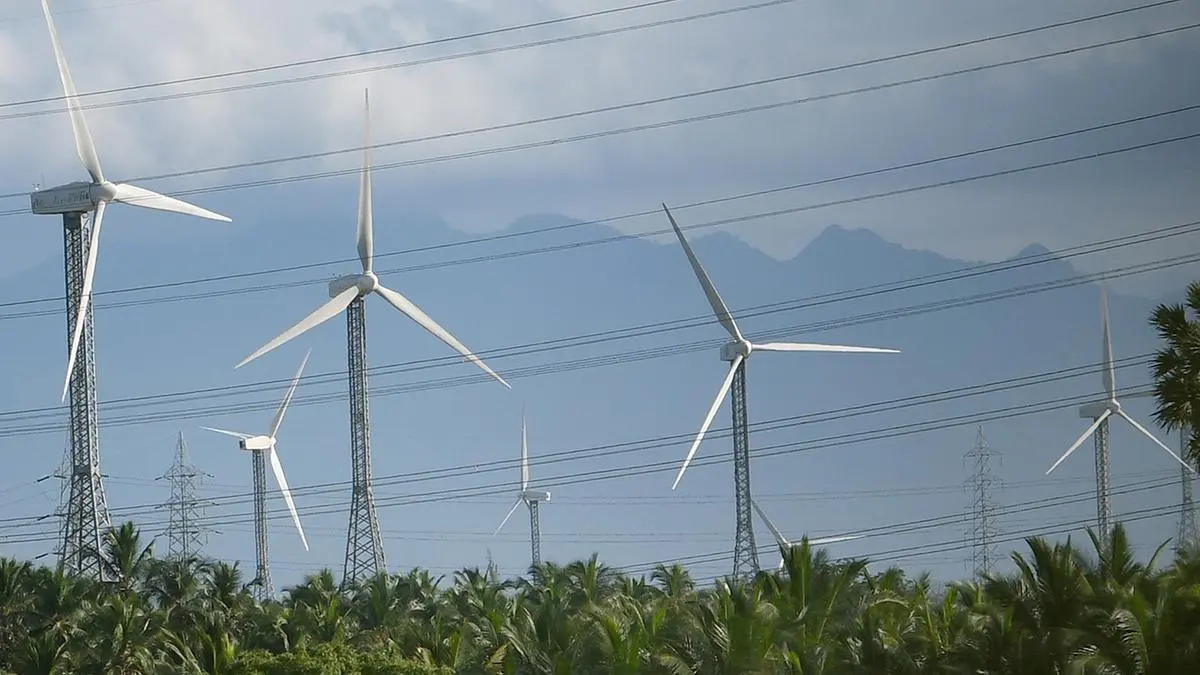Shift from clean energy partnerships to coal and gas projects raises concerns over global climate and development goals
Washington, D.C. – May 2025:
The Trump administration has significantly shifted U.S. foreign energy policy, cutting support for international clean energy initiatives and instead advocating for the expansion of coal, oil, and gas projects in developing nations.
From South Africa to Southeast Asia, the U.S. is redirecting taxpayer-backed funding toward fossil fuel ventures—undoing major commitments made under previous administrations to combat climate change.
U.S. Withdraws from Clean Energy Transition Plans
Since returning to office, President Trump has dismantled Just Energy Transition Partnerships (JETPs) with South Africa, Indonesia, and Vietnam—key programs aimed at replacing coal with renewable energy. These partnerships, launched in 2021, were designed to help emerging economies transition to clean power while protecting workers and communities.
In March 2025, the U.S. pulled $56 million in grants and canceled $1 billion in planned loans from the U.S. International Development Finance Corporation (DFC) for South Africa’s JETP. Even active projects in provinces like Mpumalanga were abruptly halted.
Key U.S. Policy Reversals:
- Cancelled participation in the Climate Investment Funds’ $500M ACT program
- Blocked funding approval for South Africa’s updated energy plan
- Cut $275M from the CIF and Global Environment Facility in the 2026 budget
- Proposed $555M reduction in contributions to the African Development Bank’s poorest countries fund
EXIM Bank Now Supports Coal Projects
In alignment with Trump’s executive orders, the U.S. Export-Import Bank (EXIM) has lifted its ban on financing coal-fired power plants overseas. On May 1, the board voted unanimously to allow such funding, reversing the policy enacted under the Biden administration.
EXIM now supports high-emission projects internationally, making the U.S. a global outlier as most nations—including China—have pledged to end coal funding abroad.
World Bank Under Pressure to Back Fossil Fuels
The Trump administration is also urging the World Bank to prioritize natural gas investments over renewables. U.S. Treasury Secretary Scott Bessent stated in April 2025 that the World Bank must remain “technology-neutral” and invest in gas infrastructure for affordability and reliability.
World Bank President Ajay Banga, supported by the U.S., is seeking board approval to expand financing for gas-based energy systems. Critics warn that this shift may deepen fossil fuel dependency in developing countries and delay climate progress.
Climate and Development Experts Raise Concerns
Environmental groups and policy experts argue that the U.S. is undermining global climate leadership. Tracy Ledger of South Africa’s Public Affairs Research Institute warned, “Delays in funding mean delays in decarbonizing South Africa’s power sector.”
Similarly, World Bank observers like Fran Witt from Recourse stress that taxpayer funding should promote renewable transitions, not fossil lock-ins:
“The World Bank should lead on clean energy, not expand fossil fuel dependence, especially in Asia’s gas-hungry markets.”
Global Climate Leadership at Risk
The Trump administration’s reversal of international clean energy financing comes at a time when developing countries are seeking support to build sustainable, low-carbon economies. Experts fear this new approach will derail global net-zero goals, exacerbate climate risks, and hinder green economic growth in vulnerable regions.







Leave a Reply